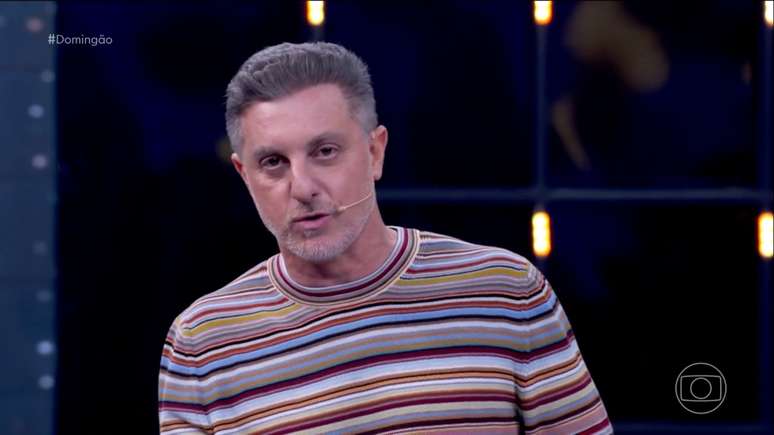Man has been in remission of the virus for over five years; Case to be presented at international AIDS conference
German scientists announced on Thursday the seventh case of a patient who has probably been cured of the human immunodeficiency virus (HIV) in the world after a stem cell transplant. The patient is an adult man who, in addition to living with the virus, also had leukemia. More details about the case will be presented by Christian Gaebler, a physician-scientist at the Charité-Universitätsmedizin in Berlin, at the 25th International AIDS Conference, which will take place from July 22 to 26 in Munich, Germany. According to the researchers, the new case has a number of characteristics that make it unique and important for HIV cure research.
This is stated in a statement by the International Aids Society (IAS), The patient received a stem cell transplant for his cancer in late 2015 and stopped antiretroviral treatment for HIV in late 2018. About five and a half years later, the virus is still in remission, meaning it has no longer been detected in his body.
“A healthy person has many desires, a sick person only one,” the man, who chose to remain anonymous, said in a statement. IAS.
He was nicknamed “Berlin’s Next Patient,” in reference to Timothy Ray Brown, who was considered the first person to be cured of HIV infection and known as the “Berlin Patient,” in reference to the city where he lived. In 2007, he received a transplant from a donor with natural resistance to the AIDS virus. Timothy died in 2020, from leukemia, a disease he had already battled before the virus regressed.
Previous cases
According to Estadão, including Timothy, six other people have already been considered likely cured of the AIDS virus after a bone marrow transplant. They all had one particular situation in common: they suffered from blood cancer and benefited from a stem cell transplant that profoundly renewed their immune systems.
However, in the first five cases, the donors had a rare mutation in a gene known as CCR5 delta 32, which prevents HIV from entering cells. The “Geneva patient,” the sixth case of remission, in 2023, was the first to receive bone marrow without this mutation.
Now the new patient from Berlin is also bringing news to the field. This is the first case of recovery from HIV in which the donor inherited a type of copy of CCR5 delta 32 known as “heterozygous”, a form more common in the population. This suggests that in some cases the heterozygous mutation could be sufficient for the cure, increasing the number of potential donors.
It is worth noting that it is still “early” to consider a patient cured of HIV, which is why, as with cancer, experts prefer to treat cases of prolonged remission without drugs, due to the complexity of this virus.
Source: Terra
Ben Stock is a lifestyle journalist and author at Gossipify. He writes about topics such as health, wellness, travel, food and home decor. He provides practical advice and inspiration to improve well-being, keeps readers up to date with latest lifestyle news and trends, known for his engaging writing style, in-depth analysis and unique perspectives.





-ubrgialfr7sh.jpg)



